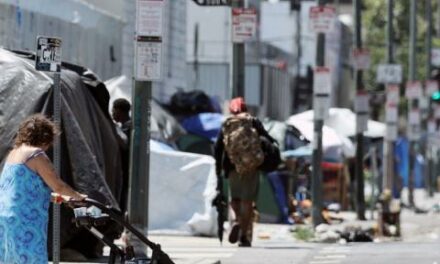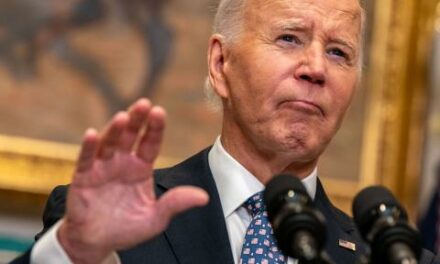We support our Publishers and Content Creators. You can view this story on their website by CLICKING HERE.

In 2024, casinos generated $791.8 million in tax revenue for Louisiana, including more than $50 million in mobile sports wagering.
The Louisiana casino industry was nearly brought to it’s knees when a bill was introduced in the recent special legislative session to increase taxes on online sports betting from 15% to 51%. The proposal never made it out of committee.
“When you increase a business’s tax by 340% overnight, the business must respond to that,” said Wade Duty, executive director of the Louisiana Casino Association. “You cannot expect a business to absorb a 340% tax increase and say business as usual.”
Duty added that the Legislature mandated that online sports betting could only be authorized if partnered with a brick-and-mortar casino.
“One thing that had been discussed and questioned from some of our lobbyists was, well, does this really impact the brick and mortars in Louisiana,” Duty said in front of the House Ways and Means committee. “The answer is absolutely yes, it does. Commercial casinos are highly integrated with digital platforms and other media.”
The industry as a whole is worth $7.62 billion in economic impact and supports 44,000 jobs, according to the American Gaming Association.
Out-of-state visitors make up 53% of Louisiana casino guests, contributing significantly to the state’s economy. These nonresidents account for $177.8 million in gaming revenue collected by the state, with an additional $41.4 million going to local governments.
“This likely represents the single largest source of out-of-state money received by the state,” the Louisiana Casino Association estimates.
Revenue also comes from drinks, food, hotel rooms, gasoline, parking, and cigarettes, the industry reveals itself to be a major contributor to the states coffers.
For the 2023 fiscal year, the hotel taxes between the Louisiana Stadium and Exposition District and the Ernest N. Morial New Orleans Exhibition Hall Authority brought in $96 million in revenue, the most on record.
The exhibition hall authority food and beverage tax raked in more than $19 million. The tobacco tax scored the state $233 million.
Caesars New Orleans, the state’s only and preeminent land-based casino, reported a strong November, with gross gaming revenue (GGR) jumping to $26.7 million – a 20.4% increase from October and a 28.5% rise from November 2022. Admissions exceeded 259,000, generating $5.3 million in fees.
The state’s 15 riverboat casinos generated $151.8 million in adjusted gross revenue, a 13.1% rise from October and 8% above the same period last year. With over 1.26 million admissions, these casinos paid $32.6 million in fees to the state.
With its significant contributions to state and local revenues, the Louisiana casino industry remains a key economic driver for the state.
It is not without its costs, however.
Kathleen Benfield, representing the Louisiana Family Forum, voiced strong opposition to the expansion of mobile sports betting in the state, which she describes as “predatory gambling.”
She has long been an advocate against the growing influence of gambling, which she believes has led to a significant rise in addiction and hardship for families.
“Gambling is now available 24 hours a day, seven days a week, 365 days a year,” Benfield said. “The gambling industry is well known for undeliverable promises in a system which is stacked against the individual gambler.”
Benfield also criticized the marketing tactics employed by the industry, claiming that children and adults alike are bombarded with ads that promise “free play” and encourage daily gambling.
“Sadly, this has led to more addiction and heartache for the families of Louisiana,” she said.
According to Benfield, the state’s residents lose an estimated $3 billion annually to gambling, which she says is a massive transfer of wealth to out-of-state corporations.
Peter Robins-Brown, executive director of Louisiana Progress echoed similar concerns, highlighting the societal costs of gambling addiction, including increased domestic violence and economic insecurity.
He stressed that while personal choice is a factor, the addictive nature of online gambling apps exacerbates the problem.
“Now that mobile gambling has become widespread across the country, there are a lot of studies that are coming in looking at the actual impacts of it,” Robins said. “It’s not just talking about clear evidence of it leading to increases in domestic violence, clear evidence of it leading to households breaking apart because of people’s addiction.”
“It’s time that big gambling pays a fair share to remediate the ills, the social ills that are caused by gambling,” Benfield concluded.

 Conservative
Conservative  Search
Search Trending
Trending Current News
Current News 





